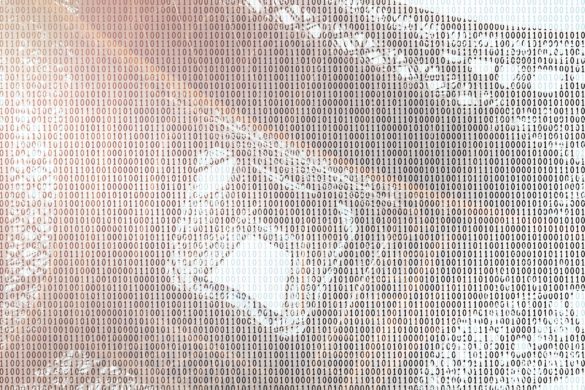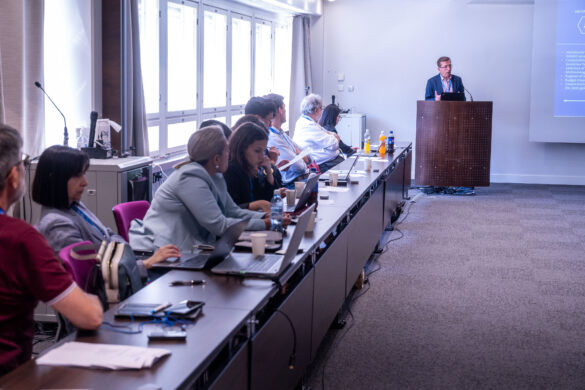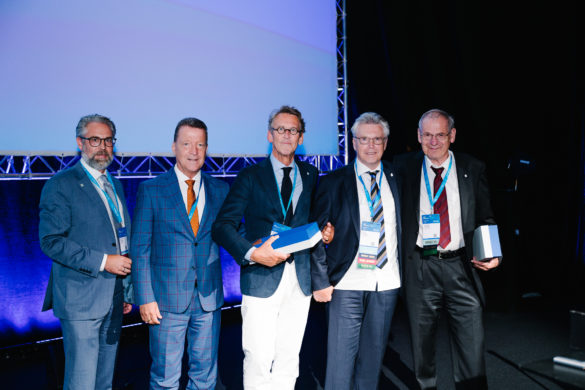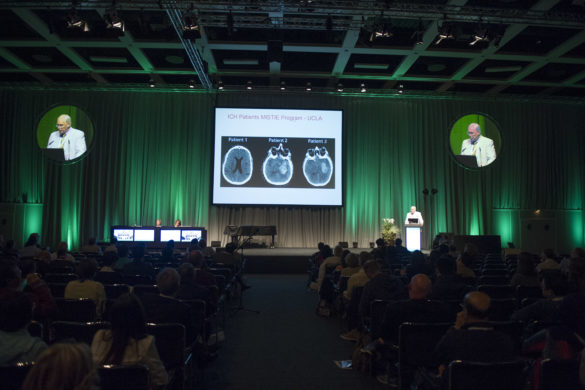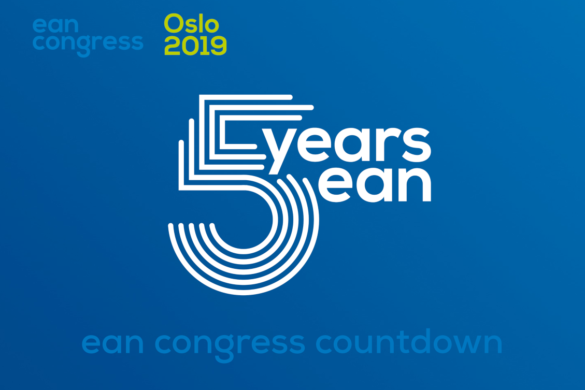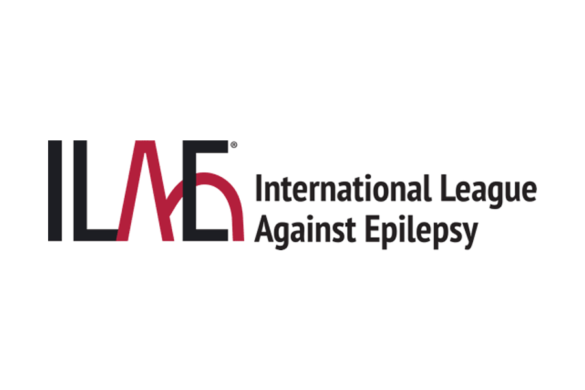Symposium 07 – Understanding functional connectivity using MRI
Hall M1, Tuesday, 31st of May, 08:00-10:00
Chairpersons
L. Kappos, Basel/Switzerland
M. Filippi, Milan/Italy
- Brain functional connectivity assessed using MRI: the basis
B. B. Biswal, Newark/USA - Clinical applications in MS
M. A. Rocca, Milan/Italy - Implications for clinical trial design and monitoring of drug efficacy
T. Sprenger, Wiesbaden/Germany
In this symposium the whole spectrum concerning the assessment of functional connectivity using MRI was covered, ranging from the theoretical basics to potential future applicability in clinical trials. Due to visa difficulties Prof. Biswal was unable to give his talk in person but instead sent a recording of his lecture. He first described the beginnings and theoretical background of this technology, he then outlined the differences between functional MRI during activity and resting state. The advantages of resting state MRI: being easy to perform and the independence from patient-cooperation were highlighted.
Prof. Rocca outlined the utility of MRI connectivity studies in MS. Over the course of the disease different patterns of in- and decreased connectivity can be delineated which are associated with different clinical features. The inability to assess functional reserve with resting state MRI is the major drawback. Changes of connectivity due to medication can be shown. Yet long term studies are needed since current results are controversial.
The final talk was given by Prof. Sprenger who outlined the applicability of this technique in future trials. As for now no phase 2 or 3 drug trials using connectivity MRI were performed. He highlights that resting state connectivity studies have their benefit in being objective, standardized, feasible and cost efficient as well as reflecting brain function.
Robert Stark, MD, CH, RRFS




